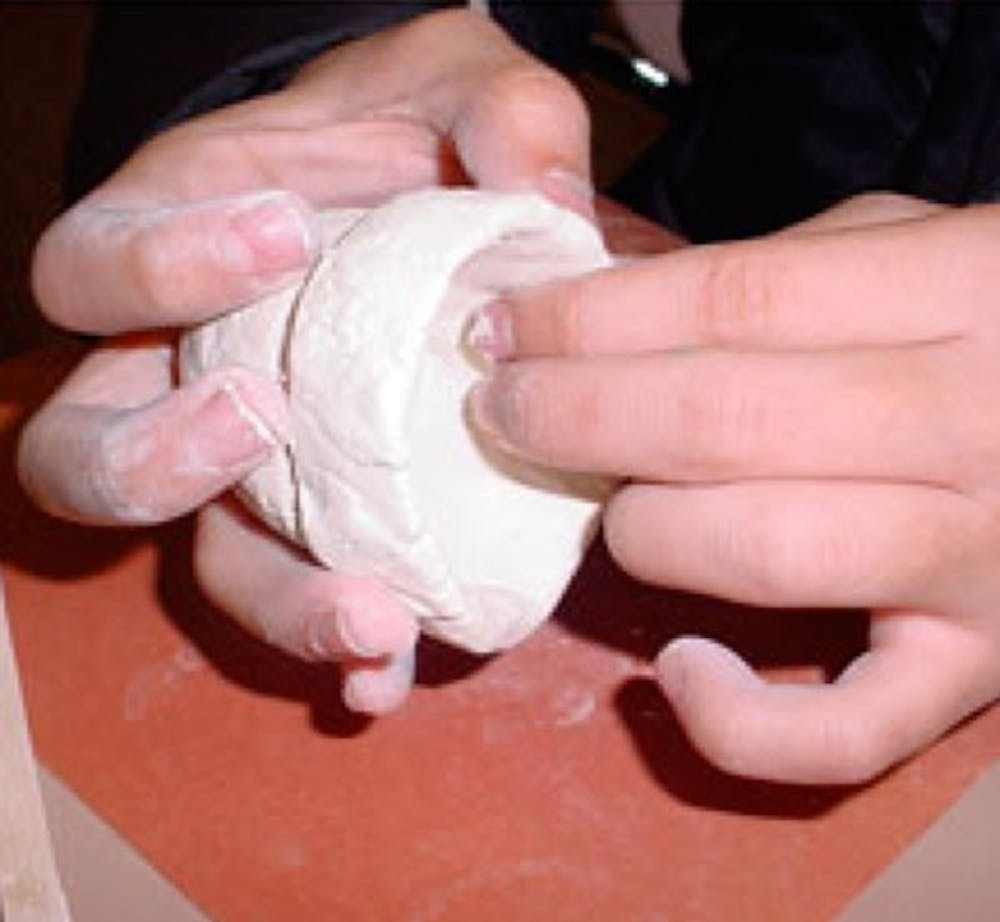Due to a reporting error, this story misstated the date the institute will hold a training session. The event will be at 10 a.m. Saturday at the Nasher Museum of Art at Duke University. The Daily Tar Heel apologizes for the error.
Everyone knows the old saying: “A picture is worth a thousand words.”
The North Carolina Art Therapy Institute in Durham takes that to heart, providing a therapeutic way for people to express themselves beyond traditional doctor-patient or therapist-patient settings.
“Creating artwork provides a glimpse into the inner self,” said Kristin Linton, an art therapist from the institute.
“Personal conflicts, themes and important elements of one’s life often surface quickly and concretely through imagery.”
As a mental health profession, art therapy uses the creative process to enhance the mental, physical and emotional well-being of participants.
While gaining recent recognition in North Carolina, the profession of art therapy dates back to the 1940s, originating in more metropolitan areas.
The institute in Durham was founded in October 2006 by practicing art therapists Ilene Sperling, Eva Miller and Linton.
“We thought coming together would help us gain strength,” Sperling said.
Since then, three additional art therapists have joined the institute. They see about 60 patients a year, though this number fluctuates from year to year.
The therapists help patients use art to communicate in a way they otherwise would not be able to.
“Art therapy is using art as an alternative form of communication,” said Bridget Pemberton-Smith, an art therapist at the institute.
Although the institute only supplies simple materials, the types of art vary for each participant. They include painting, drawing, writing and acting.
“The medium is an important piece of the treatment,” Sperling said.
This art therapy treatment can be used to help those who can’t verbally communicate, face language barriers, have mental or physical illnesses or are just seeking a different, non-verbal way to express themselves.
“Art therapy can be effective in helping people access experiences or emotions that are difficult to talk about,” Linton said.
Participants come from all walks of life. Individuals of all ages, families and groups have used the service, Miller said.
The six therapists on staff at the institute have received master-level training in psychotherapy and art, and have extensive field work in the profession.
Each therapist also specializes in a specific medium, such as Sperling, who specializes in play therapy.
The institute will host a training and informational session at 10 a.m. Friday at the Nasher Museum of Art at Duke University.
After gaining local interest in the institute and its mission, they decided to host this session to provide insight into their work.
The therapists will address questions about the career and provide a better idea of their process.
Contact the Arts Editor at artsdesk@unc.edu.




